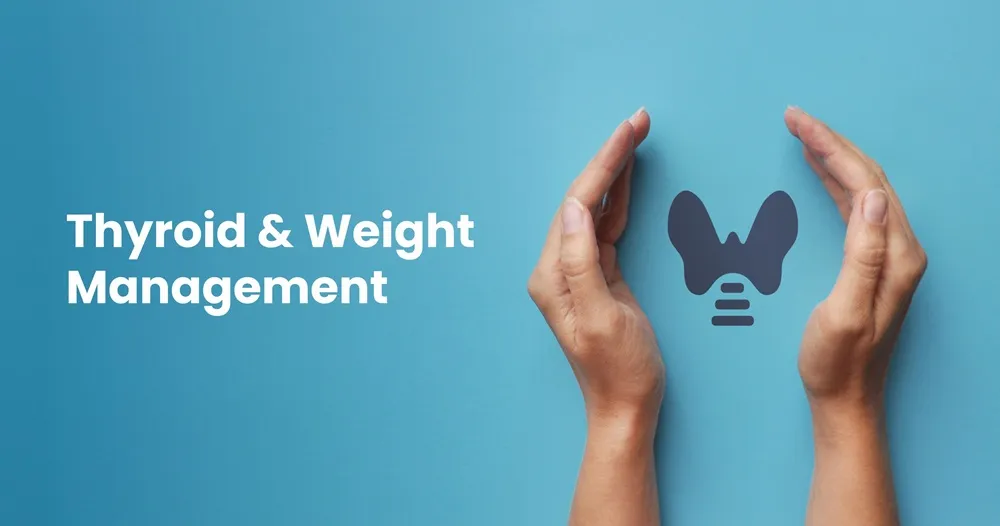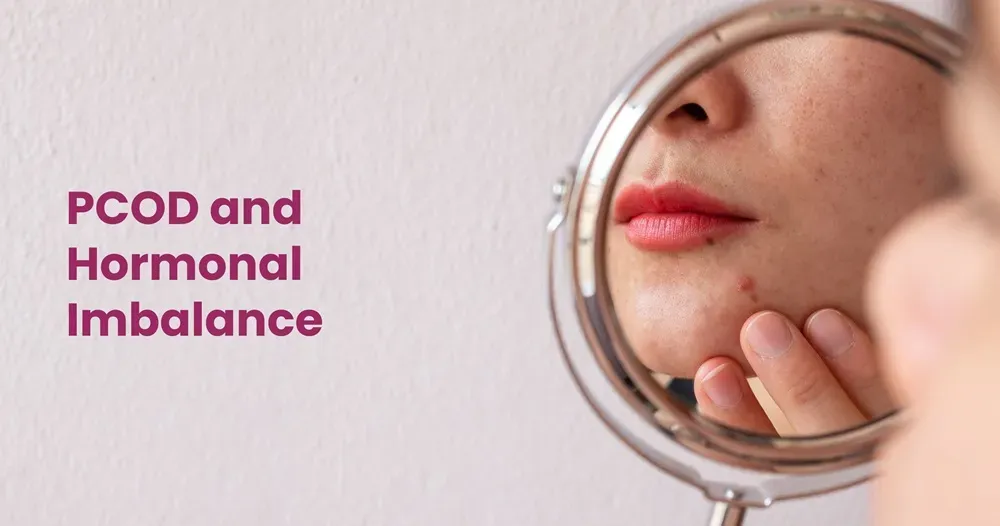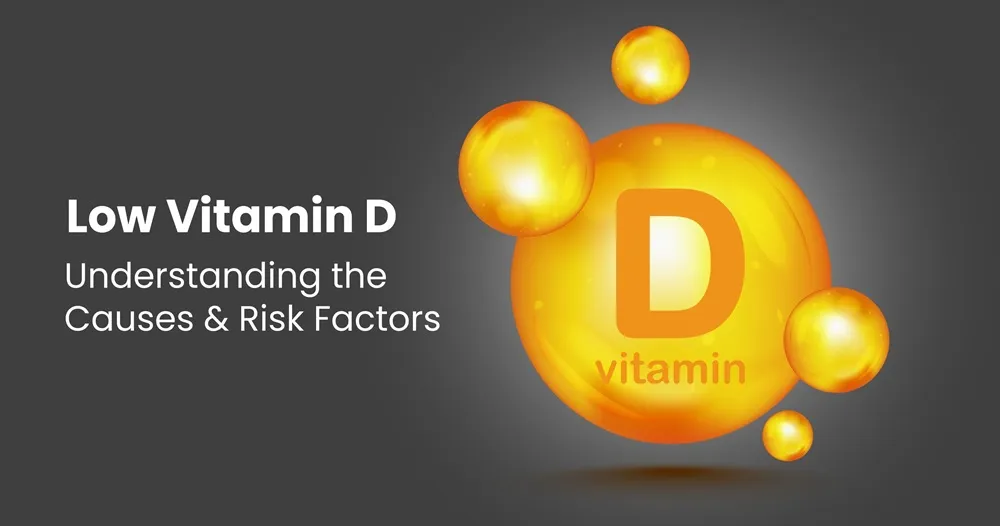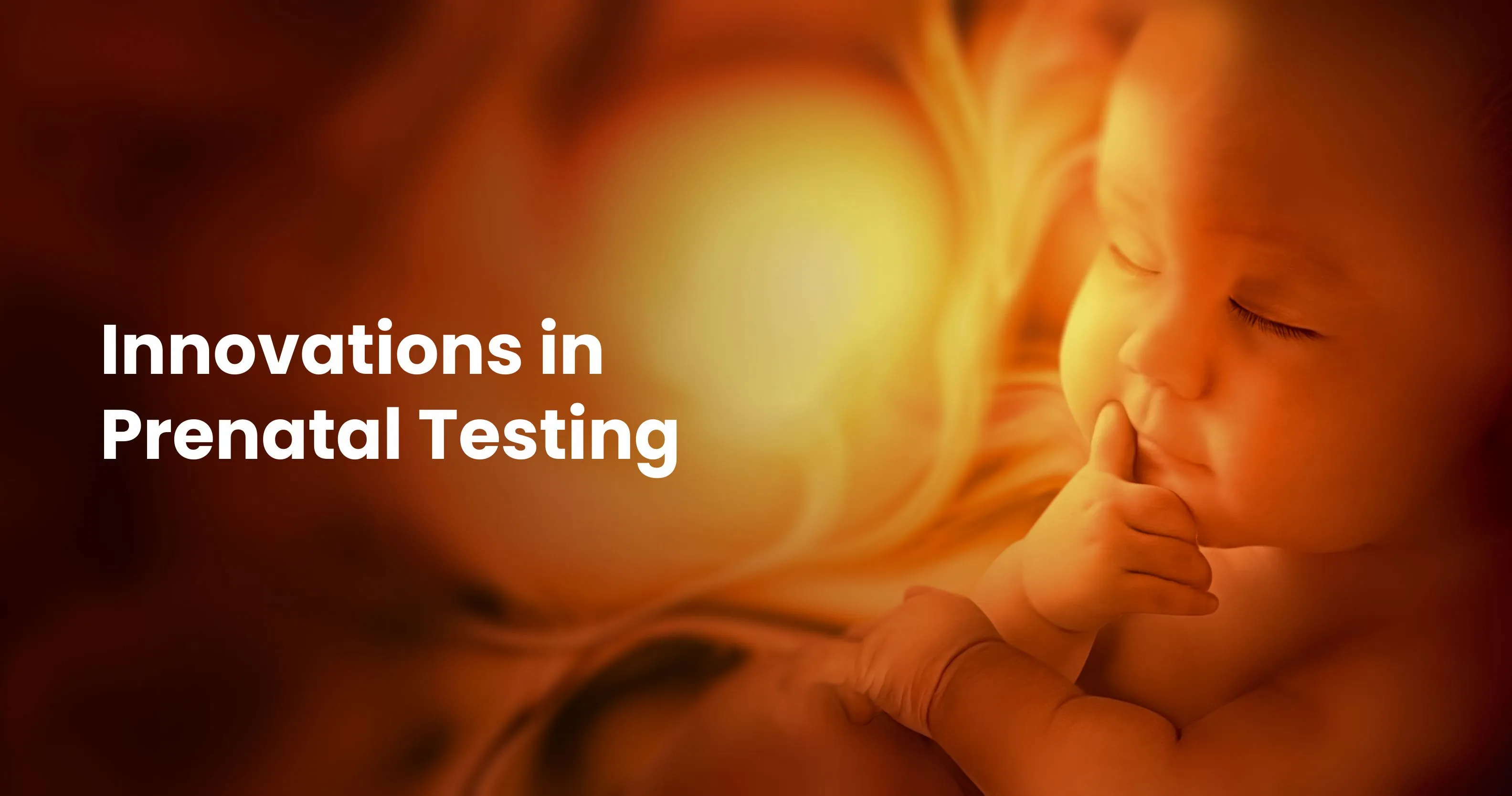Thyroid and Menopause
Jun 04, 2020
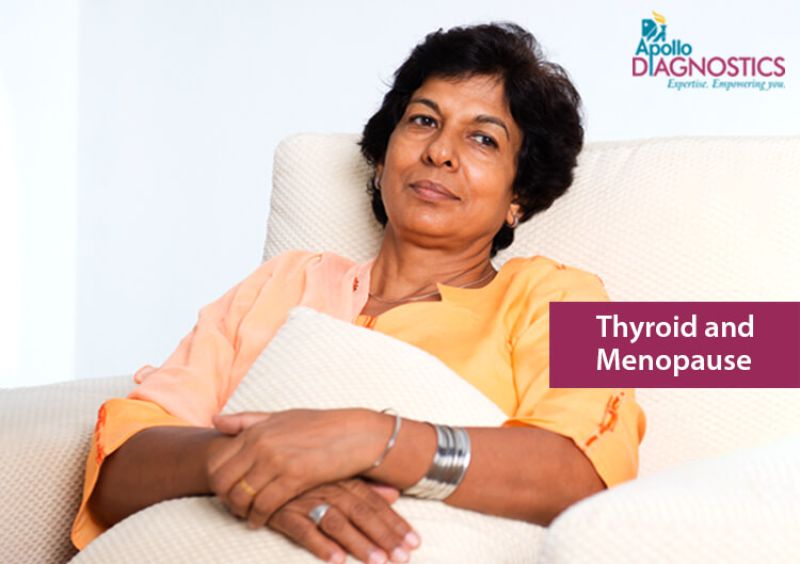
The thyroid is a gland that is present in the neck and produces the hormones thyroxine and tri-iodothyronine. The thyroid stimulating hormone, produced by the pituitary gland in the brain, regulates the functioning of the thyroid. Any malfunctioning of the thyroid gland is to do with either underactivity or overactivity. Decreased activity leads to a condition called hypothyroidism (too little thyroid hormone) and increased activity results in hyperthyroidism (too much hormone).
However, there is scope for confusion between thyroid problems and menopause because the symptoms are similar.
Symptoms of menopause include: hot flashes, disturbed sleep, problem focusing, fatigue, sudden changes in body weight, mood swings, etc.
Symptoms of hypothyroidism include increased sensitivity to cold, slower heart rate, poor memory, fatigue, increase in body fat, weak joints and muscles, hair fall, depression, dry skin, etc.
increased sensitivity to cold, slower heart rate, poor memory, fatigue, increase in body fat, weak joints and muscles, hair fall, depression, dry skin, etc.
 increased sensitivity to cold, slower heart rate, poor memory, fatigue, increase in body fat, weak joints and muscles, hair fall, depression, dry skin, etc.
increased sensitivity to cold, slower heart rate, poor memory, fatigue, increase in body fat, weak joints and muscles, hair fall, depression, dry skin, etc.Effect of hypothyroidism on menopause
Research suggests that hypothyroidism can worsen symptoms of menopause. It was observed that women who got treatment for thyroid disorder experienced relief from menopausal symptoms. The overlapping symptoms of these conditions may be worsened if a person has both of them. Long-term complications of menopause such as osteoporosis and cardiovascular diseases may be aggravated by thyroid disorders.
To check whether it is one or both, a blood test should be done for thyroid function. This will reveal whether the symptoms belong to thyroid disease or menopause.
Thus, hypothyroidism and menopause are not necessarily interlinked, but do have overlapping symptoms. One may influence the other, but treatment should be done carefully so as to ensure that the treatment for one does not prove counterproductive to the other. To speak with the experts and get an accurate diagnosis, get in touch with us at Apollo Diagnostics today.
Related Blog Post
Blog Categories
- Child Health
- Mens Health
- Women's Health
- Mental Health
- Health Myths & Facts
- Fitness
- Nutrition/Recipes
- Remedies
- Weight Management
- Stress Management
- Health Supplements
- Addiction Management
- Disease Management
- Allergy
- Anemia
- Arthritis
- Asthma
- Autoimmune Diseases
- Blood Pressure
- Cancer
- Deficiencies
- Dengue/Malaria/Chikungunya
- Diabetes
- Eye Problems
- Heart Diseases
- Hepatitis
- HIV/AIDS/STD
- Hormonal Imbalance
- Infection/Flu/Viral
- Kidney
- Liver
- Menstrual Problems
- Pregnancy
- Skin & Hair Problems
- Stomach Ailments
- Thyroid
- Others
- Health Checkups
- Diagnostics/Pathology
- Lifestyle & Wellness
- Covid
- Medical Tests
- Cholesterol
- Health Tips
- Parent Care/Old Age
- Lungs
- Food Intolerance
